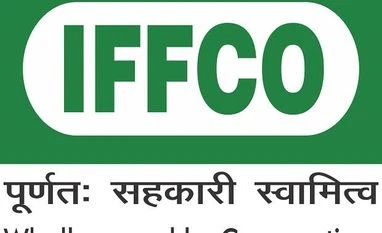Fertiliser major IFFCO Ltd is eyeing nano urea exports to 25 countries and expecting that output is likely to be 30 crore bottles by December 2024, a top company official said on Tuesday.
The company is currently exporting the fertiliser to five countries, he said.
"We have already produced six crore bottles of 500 ml each and have sold five crore units to farmers, which is equivalent to 22 lakh tonne of solid urea or conventional urea...We are already exporting to Sri Lanka, Nepal, Kenya, Suriname and Mexico," Indian Farmers Fertiliser Cooperative (IFFCO) Managing Director US Awasthi told PTI in an interview.
After Prime Minister Narendra Modi inaugurated the world's first nano urea plant at Kalol in Gujarat last year, the company is exporting the fertiliser product, which has the potential to cut down the use of conventional urea, the most used Nitrogenous fertiliser, by 50 per cent or more, to the five nations, he said.
Nano urea samples have been sent to 25 other countries and we are expecting demand from these nationsBrazil has already given official recognition and there are many other countries which are in the process of providing approval, Awasthi said.
After the commissioning of the fifth nano urea plant in Jharkhand by December 2024, the output will reach 30 crore bottles, he said.
"By December 2024, IFFCO will produce 30 crore bottles of nano urea, which is equivalent to 135 lakh tonne of urea. This will facilitate to replace all the imports of urea fertiliser and lead to huge foreign exchange savings," the official said.
More From This Section
He also claimed that the product is totally environment friendly with zero nitrogen oxide emission.
We are exporting through a cooperative and will need to set up two to three facilities for exports alone. We are working on one more plant in the south, and one more in the east...For the location of others, the Government of India will be consulted as it is a strategic decision."
In addition to the plant in Gujarat, two more have been set up in Uttar Pradesh - near Bareilly and Prayagraj - and the fourth facility constructed in Bangalore is likely to be commissioned sometime in September this year, Awasthi said.
Union Home Minister Amit Shah had on February 4 laid the foundation stone for a Rs 450-crore nano urea plant and township of IFFCO in Jharkhand's Deoghar on 30 acres of land.
A 500-ml bottle of nano urea (liquid) can effectively replace a 45-kg bag of urea, and it is 16 per cent cheaper.
Nano urea is expected to improve crop productivity, soil health and nutritional quality of produce and address the "imbalanced and excessive use" of conventional fertiliser.
The official also claimed that spray of nano urea particles on leaves results in high yield and hence, the soil does not get contaminated.
)